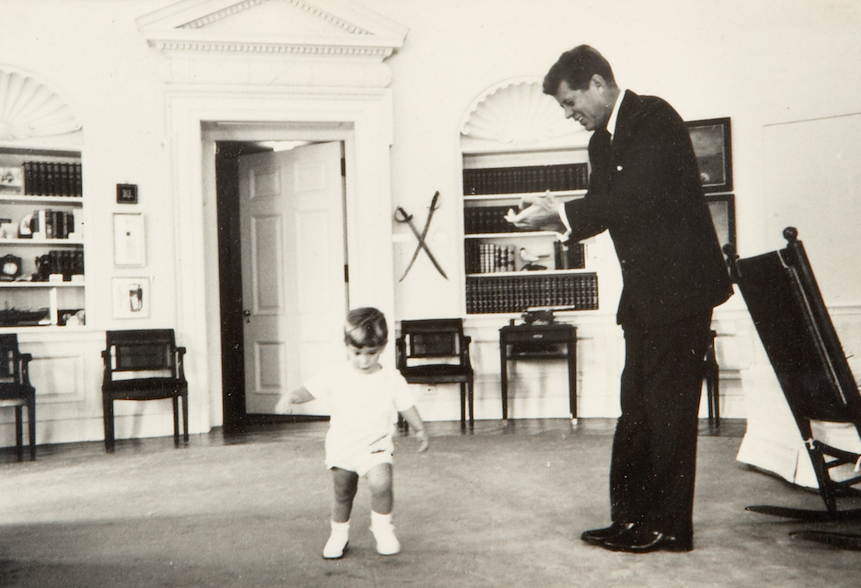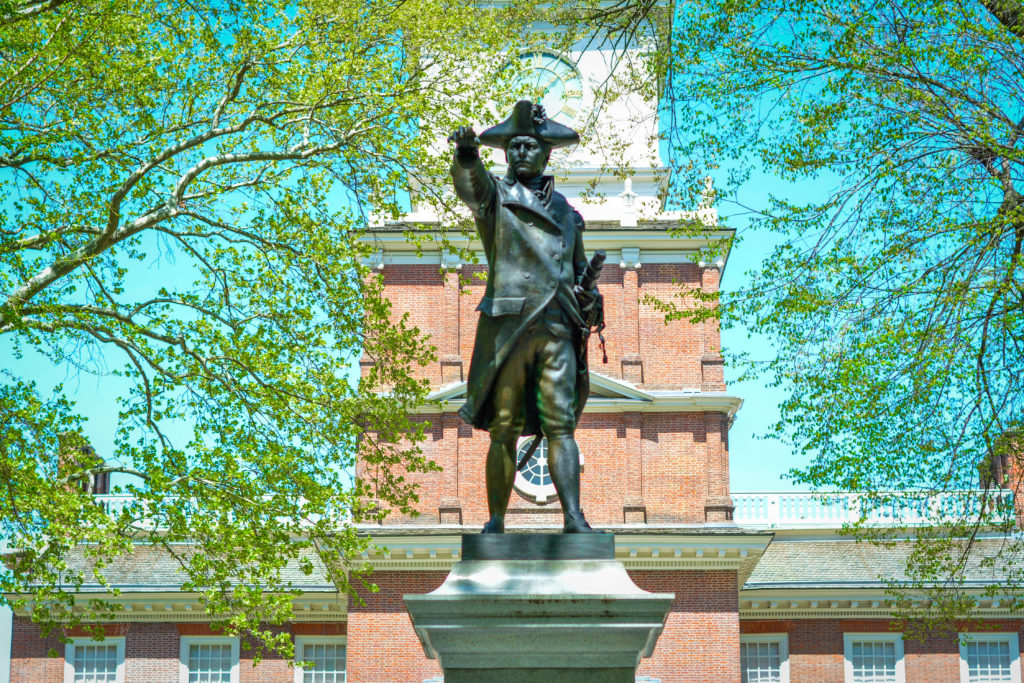THE Revolutionary War sword of Commodore John Barry will go on public display in Philadelphia this week.
Born in Co. Wexford in 1745, Barry later emigrated to Philadelphia in the US, where he is deemed the ‘Father of the U.S. Navy’.
He served with distinction as an officer in the Continental Navy during the Revolutionary War.
The war broke out in 1775 and ended in 1783 with the creation of the United States of America after the nation won its independence from British Rule.
During the battle Barry oversaw the first capture of a British ship by the young Continental Navy in April 1776, near the Virginia Capes.
In 1794, he was given the first captain’s commission in the newly established United States Navy.
 Commodore Barry's sword will be on public display in Philadelphia from tomorrow
Commodore Barry's sword will be on public display in Philadelphia from tomorrowBarry’s Revolutionary War sword is a prized relic from the period, which is currently on loan from the John F. Kennedy Presidential Library and Museum in Boston.
It was displayed in the Oval Office during John F. Kennedy’s presidency, marking the president’s own naval service during WWII and his ancestral roots in Co. Wexford.
 President John F. Kennedy and John F. Kennedy, Jr. pictured in the Oval Office of the White House, with the sword in the background (Pic: JFK Presidential Library and Museum)
President John F. Kennedy and John F. Kennedy, Jr. pictured in the Oval Office of the White House, with the sword in the background (Pic: JFK Presidential Library and Museum)Tomorrow - which is celebrated as Commodore Barry Day in the US - will see the sword return to Philadelphia for the first time since 1939.
Following a private unveiling event in the morning, it will be on public view at the Museum of the American Revolution until July 2024.
The sword will be displaed in the Museum’s McCausland Foundation gallery, which explores the ‘War at Sea’.
“We hope that by bringing Commodore John Barry's sword to Philadelphia, we will raise awareness of Barry's role as an exceptional commander in the Revolutionary War and as a central figure in the creation of the United States Navy,” said Doctor Philip C. Mead, Chief Historian and Curator for the Museum of the American Revolution.
 The Commodore Barry statue at Independence Hall in Philadelphia (Pic: Museum of the American Revolution)
The Commodore Barry statue at Independence Hall in Philadelphia (Pic: Museum of the American Revolution)“As an Irish-American Revolutionary, Barry's story has long held particular importance for Irish-American communities in the city of Philadelphia,” he added.
“We are grateful for their encouragement and support of this effort.”
Next month, during Philadelphia’s celebration of Navy Week and Marine Corps Week, a public event will be held on the Museum’s outdoor plaza, immediately following the Commodore John Barry Commemorative Mass at Old St. Mary’s Church in Old City, where Barry’s grave is located.


